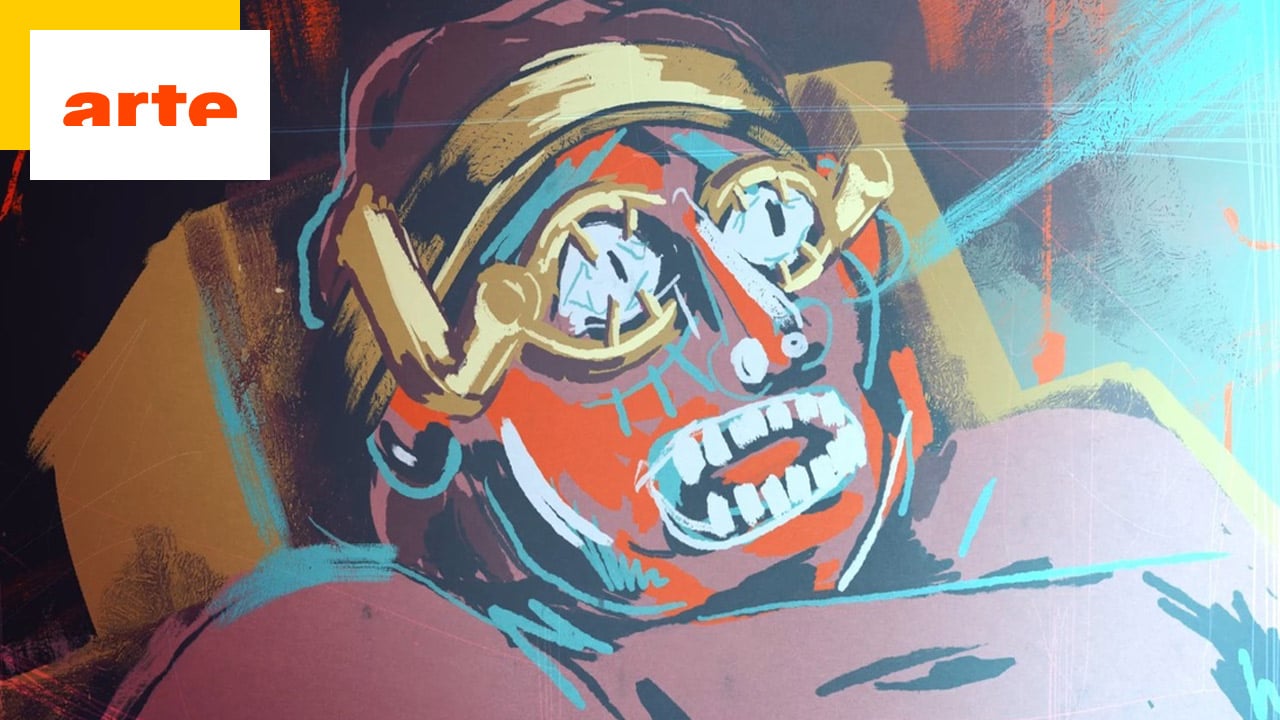Wrongly accused of magnifying violence in his shocking anticipation novel, adapted for the cinema by Stanley Kubrick, Anthony Burgess on the contrary depicts with visionary concern a world in the process of happening: ours.
Composed in an invented language, “nasdat”, a slang English hybrid of Russian words, A Clockwork Orange, written by Anthony Burgess, caused a double shock wave. The first, when it was published, in 1962. Then in 1971, when it was adapted for the cinema by Stanley Kubrick.
Accused of advocating violence, echoing criminal acts which had claimed responsibility for his work, the British writer, deeply wounded, then explained in an autobiographical manuscript written in 1972-1973, The Clockwork Condition (“The mechanical condition”), his concern about the world that is coming to pass.
Prohibited for under 16s, ultra violent… A Clockwork Orange traumatized the actor from Singin’ in the Rain
He presents the humanist vision that inspired this dystopian universe where the nihilistic violence of a hopeless youth shatters against a power determined to control beings through conditioning, using all-powerful technologies.
Never published, this manuscript was only discovered after his death, in 1993. It is on this fascinating plot that the excellent documentary broadcast on Arte this November 15 at 10:20 p.m.: Clockwork Orange, the cogs of violence.
An analysis very in tune with its times
If Burgess agreed to sell the rights to his novel to Stanley Kubrick and Warner in 1966, the film would not be released until 1971. Hit by censorship in several countries (some of which only lifted the ban in 2000 as in Italy), the film was shown for two years in Great Britain before being withdrawn from theaters at the express request of Kubrick (and would not be re-released there until his death).
If Kubrick created a very personal version of the main character, Alex, while in the novel he is a 15-year-old teenager, both the filmmaker and the writer were able to capture with a frightening and already very avant-garde acuity the violence that plagues our society.
Ulf Andersen Anthony Burgess
“One of the most perplexing social problems of our day is ‘how do you maintain authority without being repressive?’ There is this growing feeling among young people that politics and legal means of changing society are too slow and surely useless. On the other hand, the authority feels threatened by terrorism and this growing feeling of anarchism” Kubrick then explained.
Adding: the question is: “how can we find, if it is even possible, a balance?” The answer is not in the very utopian optimistic vision aimed at destroying authority in order to derive good from it. Nor is it saying that authority must be imposed by force. It’s a dilemma.”
Burgess will agree to help promote the film, but will be hurt by the incessant attacks on his work – now brought to the screen. “Since the film came out, I have been associated with its violence. If nuns were raped, journalists would call me to find out what I thought about it and if I didn’t feel responsible. I was labeled an expert in violence, which I am not” commented the author in a television interview, an extract of which is broadcast in the documentary.
“We become indifferent when the media bombard us, day after day, with reports and images of a violent reality” explained Burgess, who also describes in his novel, through the famous Ludovico treatment that Alex undergoes, the coercive techniques carried out by governments to “cure” all kinds of anti-social habits: alcoholism, drug addiction, or even… ‘homosexuality. These are the famous and infamous conversion therapies.
Free will in danger
Ultimatelythe question of free will is central to Burgess and his work. “The idea that our capacity could be limited by an external force terrifies me” he wrote in The Clockwork Condition. “I fear that the State is ready to take over our brains and turn us into good little citizens deprived of free will. In other words, clockwork oranges.” More than 50 years later, this question remains, in the era of mass surveillance, more burning than ever.
“A Clockwork Orange, the cogs of violence”, broadcast this Wednesday, November 15 on Arte at 10:20 p.m. Also available on arte.tv until May 12, 2024.
